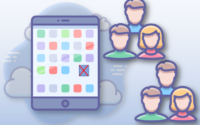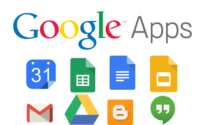
Making it real: The development of a web-based simulated learning resource for occupational therapy students
Equipping students with graduate attributes that ensure they are ready to work in complex health environments is highly important. Recently there has been increased use of simulation in health education to assist in the acquisition of graduate attributes, and to provide meaningful and authentic learning opportunities. The Deakin University Occupational Therapy program developed a unique […]
















